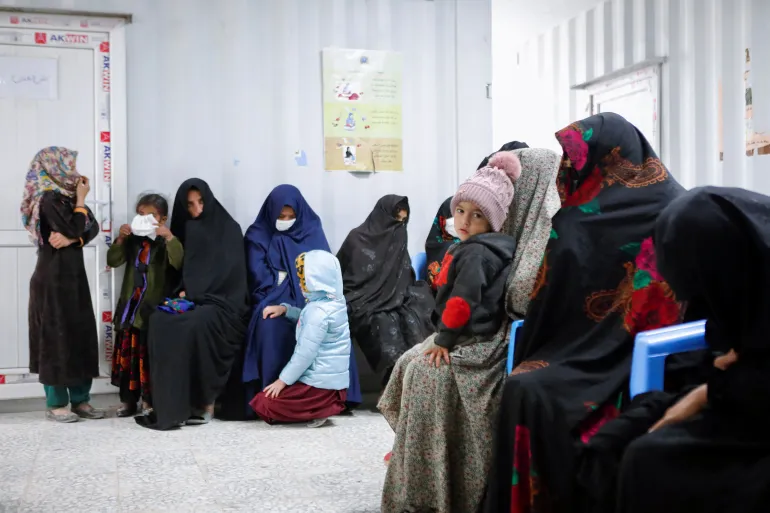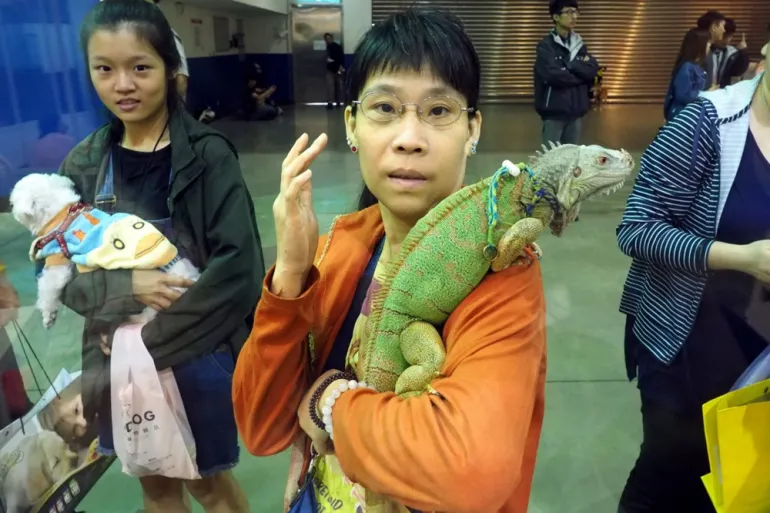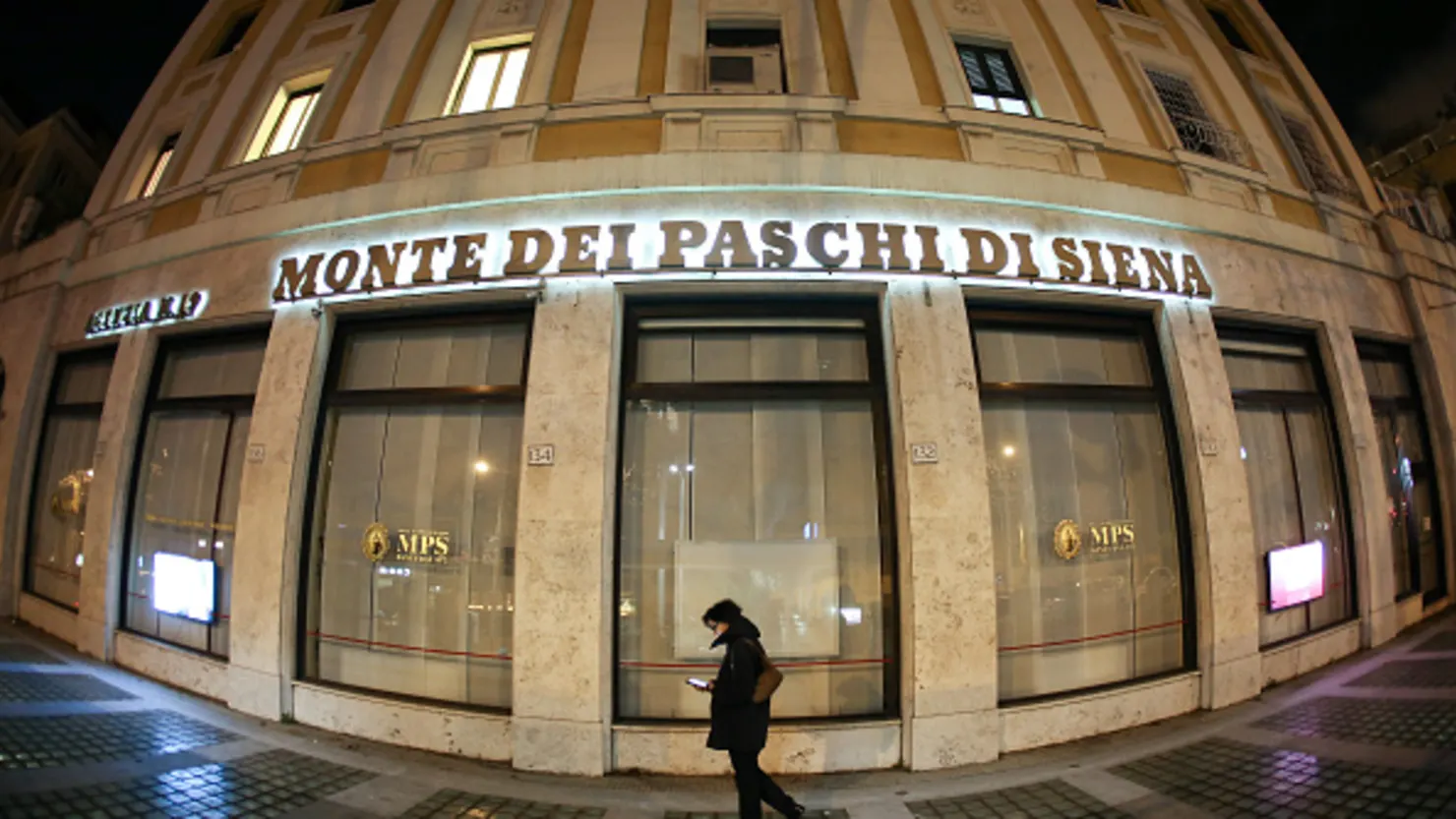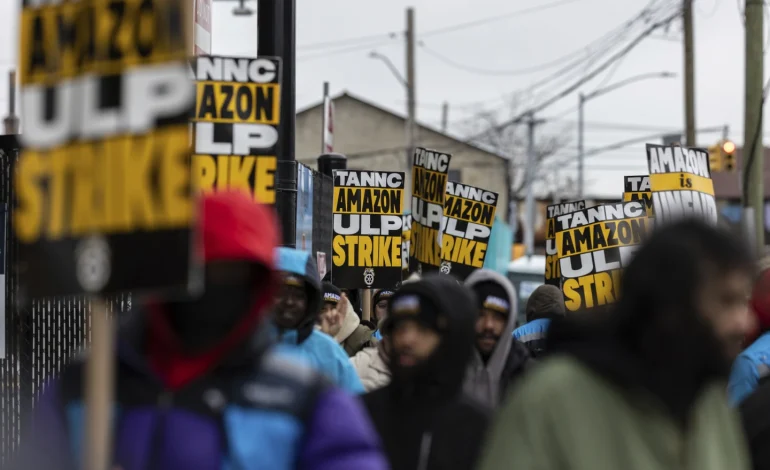A five-day strike against Starbucks, organized by Starbucks Workers United, has now spread across nine states, with workers in Missouri, New Jersey, and New York joining the walkout on Sunday.
The union, representing more than 10,000 workers across over 525 stores, initially launched the strike on Friday, with locations in Colorado, Ohio, and Pennsylvania also participating. The union has indicated that the strike could grow to include hundreds of Starbucks locations by Tuesday.
As of Sunday, approximately 30 stores nationwide were closed due to the strike, but it is still too early to determine the full impact on operations. The union’s action comes ahead of its end-of-year deadline for economic proposals and labor agreements, which it says have yet to be met by Starbucks.
At the heart of the strike are demands for wage increases for baristas. Workers United has criticized Starbucks for offering a proposal that includes no immediate wage increases and a modest future raise of 1.5%, which the union claims amounts to less than 50 cents an hour for many workers. The union is also calling for the company to resolve outstanding unfair labor practice charges.
Lynne Fox, president of Workers United, emphasized that the union will not accept an agreement that does not adequately invest in baristas’ wages or address the legal grievances that have piled up.
“Union baristas know their value, and they’re not going to accept a proposal that doesn’t treat them as true partners,” Fox said.
Starbucks, on the other hand, argues that its current pay and benefits package, which averages over $18 an hour and totals about $30 an hour when factoring in benefits, is among the best in the retail industry. The company has also suggested that the union’s demands, which include a significant increase in the minimum wage, are unsustainable.
The strike coincides with the busy holiday season, a peak period for Starbucks, which benefits from its seasonal beverages, gift cards, and other holiday items. Despite the disruptions, Starbucks downplayed the impact of the strike, saying that the few disruptions experienced so far have had no significant effect on overall store operations.
The strike has led to store closures in major cities like Chicago, Los Angeles, and Seattle, where Starbucks is headquartered. In addition to the newly added states, picketing has been reported in areas such as Brooklyn, Long Island, and St. Louis. The union has claimed that the strike could affect more stores, including those in major metropolitan areas, as the walkout continues through the holiday period.
The strike at Starbucks is part of a larger trend of labor disputes, particularly in companies that were traditionally non-union, such as Amazon and Starbucks. Workers in both companies have faced challenges in negotiating their first labor contracts despite successful unionization efforts. Starbucks, in particular, has resisted unionization efforts, but after two years of organizing, it agreed to negotiate a contract by the end of 2023.
The strike also reflects a broader movement among workers in various sectors, including warehouse employees and service workers, seeking better wages and conditions, especially in the wake of the COVID-19 pandemic. The pandemic shed light on issues of economic inequality, sparking increased unionization efforts across industries.
With input from CNN and the Associated Press.









